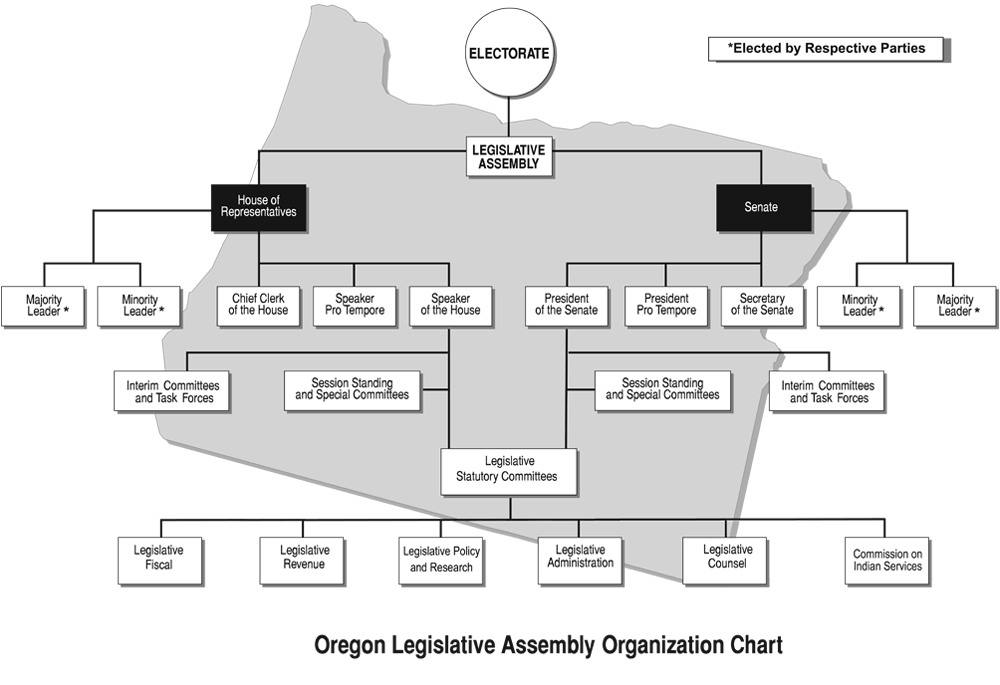Oregon Governor 2024: Complete Guide to Tina Kotek's Leadership and State Government
Oregon Governor 2024: Complete Guide to Tina Kotek's Leadership and State Government

Current Oregon Governor: Tina Kotek
Tina Kotek serves as Oregon's 39th governor, having taken office on January 9, 2023. As the first openly lesbian governor in Oregon's history, Kotek brings extensive political experience from her previous role as Speaker of the Oregon House of Representatives, where she served for nine years and championed progressive legislation on housing, climate change, and social justice issues.

Governor Kotek won the 2022 gubernatorial election in a highly competitive three-way race, defeating Republican Christine Drazan and independent candidate Betsy Johnson. Her victory maintained Democratic control of Oregon's governorship, a position the party has held since 1987 when the last Republican governor, Victor Atiyeh, left office.
Background and Political Experience
Before becoming governor, Kotek served in the Oregon House of Representatives from 2007 to 2022, representing House District 44 in North Portland. Her legislative career was marked by significant achievements in affordable housing development, environmental protection, and LGBTQ+ rights advocacy. As House Speaker from 2013 to 2022, she was instrumental in passing landmark legislation including Oregon's ambitious climate action programs and comprehensive housing reforms.
Role and Powers of Oregon Governor
The Oregon governor serves as the state's chief executive officer and commander-in-chief of the Oregon National Guard. The position comes with substantial constitutional powers and responsibilities that shape state policy and administration across multiple areas of governance.
Executive Powers and Responsibilities
Oregon's governor possesses several key executive powers:
- Legislative Influence: Power to sign or veto legislation, call special legislative sessions, and deliver the annual State of the State address
- Appointment Authority: Ability to appoint heads of state agencies, fill vacant elected positions, and nominate judges to state courts
- Budget Leadership: Responsibility for proposing the state's biennial budget and overseeing state spending priorities
- Emergency Powers: Authority to declare emergencies and coordinate state response to natural disasters and other crises
- Clemency Authority: Power to grant pardons, commute sentences, and issue reprieves, except in cases of treason

Election Process and Term Limits
Oregon governors are elected to four-year terms during midterm election years. The state constitution imposes unique term limit restrictions: governors cannot serve more than eight years in any twelve-year period. This provision allows for non-consecutive terms but prevents extended consecutive service.
Gubernatorial Succession
Oregon operates without a lieutenant governor, making it one of five states with this distinction. Instead, the state maintains a specific line of succession:
- Secretary of State (currently Tobias Read)
- State Treasurer (currently Elizabeth Steiner)
- President of the Senate
- Speaker of the House
This succession system has been used multiple times in Oregon's history, most recently when Kate Brown assumed the governorship in 2015 following John Kitzhaber's resignation.
Key Issues and Legislative Priorities
Governor Kotek's administration has focused on several critical challenges facing Oregon, reflecting both campaign promises and urgent state needs.
Housing Crisis and Homelessness
Housing affordability and homelessness represent Kotek's signature policy focus. Her administration has proposed significant increases in housing production funding and implemented emergency measures to address the state's housing shortage. The governor has set ambitious goals for new housing unit construction and streamlined permitting processes to accelerate development.
Economic Development and Budget Management
In December 2024, Governor Kotek proposed a $39.3 billion budget for the 2025-2027 biennium, representing a substantial increase in state spending. The budget prioritizes housing development, education funding, and infrastructure improvements while maintaining Oregon's fiscal stability.
Climate Action and Environmental Policy
Building on her legislative experience, Kotek has continued Oregon's leadership in climate policy, supporting renewable energy expansion and environmental protection measures. Her administration works to balance economic development with environmental stewardship, a key challenge in Oregon's diverse economy.

Governor's Residence and Compensation
Oregon's governor receives an annual salary of $98,600 as of 2018, making it one of the lower gubernatorial salaries in the United States. The official governor's residence is Mahonia Hall in Salem, a beautiful 1924 mansion that became the state's first official governor's residence in 1988 after citizen fundraising efforts.
Mahonia Hall: Oregon's Executive Mansion
Mahonia Hall, originally built for hops grower Thomas A. Livesley, serves as both the governor's residence and a venue for official state functions. The mansion represents Oregon's commitment to preserving historical architecture while providing appropriate facilities for state leadership.
Future Outlook and Challenges
Governor Kotek faces several significant challenges as she continues her term through 2027. The state's ongoing housing crisis requires sustained attention and resources, while economic uncertainties and political divisions create additional governance complexities.
Political Landscape and Recall Efforts
Like many governors nationwide, Kotek has faced political opposition and recall efforts. A recall campaign began in July 2024, though such efforts rarely succeed in Oregon. The governor's ability to maintain public support while implementing difficult but necessary policies remains crucial for her administration's success.
Legislative Relationships
With Democrats controlling both houses of the Oregon Legislature, Governor Kotek enjoys favorable conditions for advancing her policy agenda. However, growing political polarization and economic pressures require skilled political navigation to achieve meaningful results.

Frequently Asked Questions
How long can an Oregon governor serve?
Oregon governors can serve up to eight years in any twelve-year period, allowing for non-consecutive terms but preventing unlimited consecutive service.
What is Governor Tina Kotek's main policy focus?
Governor Kotek prioritizes addressing Oregon's housing crisis and homelessness, along with climate action, economic development, and education funding.
Who would replace the Oregon governor if they cannot serve?
The Secretary of State would become governor, followed by the State Treasurer, Senate President, and House Speaker in that order.
When is the next Oregon gubernatorial election?
The next Oregon gubernatorial election will be held in November 2026, with the winner taking office in January 2027.
Where does Oregon's governor live?
Oregon's governor resides at Mahonia Hall in Salem, the state's official governor's mansion since 1988.
Share This Article: Stay informed about Oregon's leadership and government. Share this comprehensive guide to help others understand the role and responsibilities of Oregon's governor in 2024 and beyond.